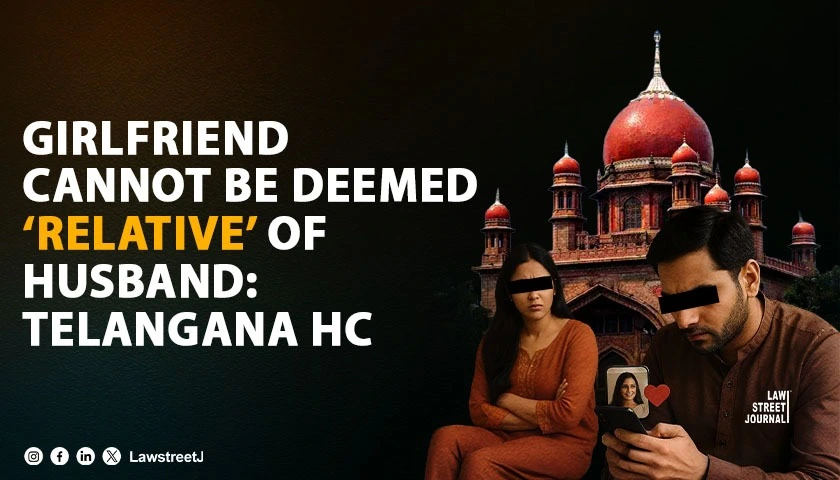Britain on Wednesday (December 2, 2020) became the first country in the world to approve the Pfizer-BioNTech vaccine for use and said that will be rolled out from next week. The move makes Britain one of the first countries to begin vaccinating its population as it tries to curb Europe's deadliest COVID-19 outbreak. We are focusing on moving with the same level of urgency to safely supply a high-quality vaccine around the world, Prime Minister Boris Johnson said in a statement.
While the UK has ordered enough Pfizer vaccine for 20 million people, it's not clear how many will arrive by year end and adding to the distribution challenges is that it must be stored at ultra-cold temperatures.
But Prime Minister Boris Johnson has warned that UK must first navigate a hard winter of restrictions to try to curb the virus until there's enough vaccines to go around. Every country has different rules for determining when an experimental vaccine is safe and effective enough to use. The shots made by US-based Pfizer and its German partner BioNTech were tested in tens of thousands of people. And while that study isn't complete, early results suggest the vaccine is 95 percent effective at preventing mild to severe COVID-19 disease.
The companies told regulators that of the first 170 infections detected in volunteers, only eight were among people who'd received the actual vaccine and the rest had gotten a dummy shot. The companies also reported no serious side effects, although vaccine recipients may experience temporary pain and flu-like reactions immediately after injections. But experts caution that a vaccine cleared for emergency use is still experimental and the final testing must be completed. Still to be determined is whether the Pfizer-BioNTech shots protect against people spreading the coronavirus without showing symptoms.
The vaccine also has been tested in only a small number of children, none younger than 12, and there's no information on its effects in pregnant women.








